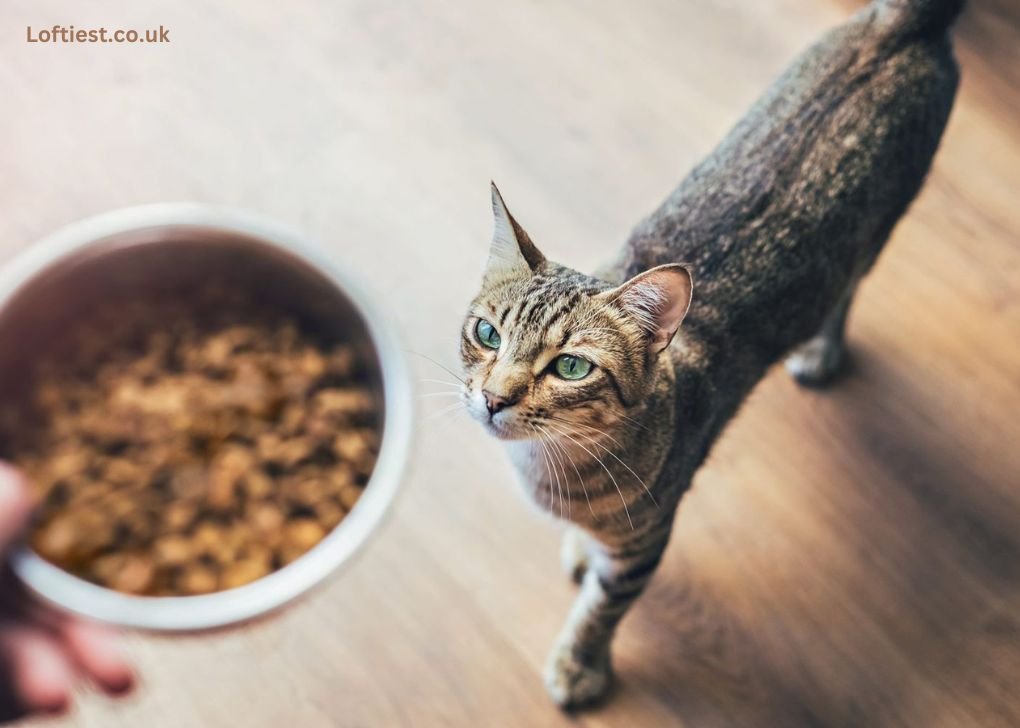Cats eating each other’s food can be a common issue in multi-cat households, leading to food-related conflicts and potential health problems. As a pet owner, it’s essential to understand why this behavior occurs and how to effectively manage it. By implementing the right strategies, you can ensure that each cat gets the appropriate nutrition and reduce stress among your feline companions. In this article, we will explore the reasons behind cats eating each other’s food and provide practical tips on how to stop this behavior, ultimately benefiting your practice by improving the well-being of your clients’ pets.
Understanding the Behavior: Why Do Cats Eat Each Other’s Food?
Cats may eat each other’s food due to various reasons, including competition for resources, boredom, or even underlying health issues. Understanding the underlying cause of this behavior is crucial for implementing effective management strategies.
Identifying the Culprits: Which Cats Are Involved?
Identifying the cats that are eating each other’s food can be challenging, especially in households with multiple cats. Observing your cats’ behavior during feeding times can help you identify the culprits. Look for signs such as one cat consistently finishing its food quickly and then attempting to eat from other cats’ bowls.
Addressing the Root Cause: Strategies for Prevention
Preventing cats from eating each other’s food involves addressing the root cause of the behavior. Ensure that each cat has its own designated feeding area and provide enough food bowls for all the cats. Using feeding puzzles or timed feeders can also help prevent food stealing behavior.
Creating Individual Feeding Stations: Ensuring Each Cat’s Access to Food
Creating individual feeding stations for each cat can help ensure that each cat gets access to its own food bowl. Place the feeding stations in separate, quiet locations to reduce competition and prevent food stealing.
Monitoring and Adjusting: Managing the Feeding Routine
Monitor your cats’ feeding behavior and adjust your feeding routine as needed. If one cat is consistently eating other cats’ food, consider feeding them in separate rooms or using feeding stations with microchip-activated feeders to ensure equal access to food.
Seeking Expert Assistance: When to Speak with an Animal Behaviorist or Veterinarian
If your efforts to stop cats from eating each other’s food are not successful, consider consulting a veterinarian or animal behaviorist. They can help rule out any underlying medical conditions and provide advice on how to effectively manage your cats’ behavior.
Conclusion
Stopping cats from eating each other’s food requires patience, understanding, and a proactive approach. By understanding the reasons behind this behavior and implementing the right strategies, you can prevent food-related conflicts and create a harmonious environment for all your feline companions. This not only benefits your cats’ well-being but also enhances your practice by showcasing your expertise in cat care and behavior management.
